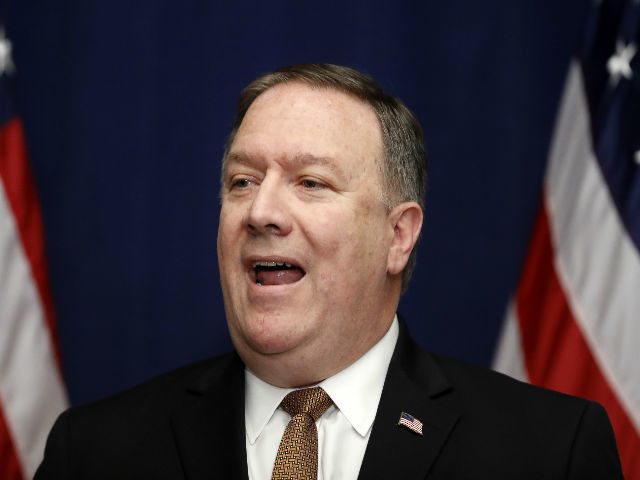Pompeo said he will also raise concerns about the lack of regular access to the Tibetan Autonomous Region (TAR) for US journalists, diplomats, academics and others.
The written answers to the questions were submitted by Pompeo as part of his confirmation process. These answers were recently released by the Senate Foreign Relations Committee.The top American diplomat assured the lawmakers that he will fully implement the Tibetan Policy Act and in particular “will urge China to cease restrictions on the human rights of Tibetans as well as their religious, linguistic and cultural traditions and practices.
“I will be committed to pressing for respect for human rights, including freedom of religion and belief, in my conversations with Chinese officials, and advocating for the release of Tibetan political prisoners,” he said.
In its latest Tibet negotiations report sent to the Congress, the Trump administration said it was concerned by the Chinese government’s interference in the selection, education and veneration of Tibetan Buddhist religious leaders.
China says that the successor to the Dalai Lama must be chosen according to the religious rituals and historical conventions as well as the backing from the ruling Communist Party.
Last year, the Chinese foreign ministry said the successor to the Dharamshala-based 14th Dalai Lama must be chosen according to the religious rituals and historical conventions, including drawing of lots from the Golden Urn in front of the Shakyamuni (Buddha) statue at the Jokhang Temple in Lhasa, followed by the mandatory approval from the ruling Communist Party of China.
Since he fled Tibet in 1959 to escape from the Chinese occupation, the Dalai Lama, 82, has been keeping China on tenterhooks about his successor.








